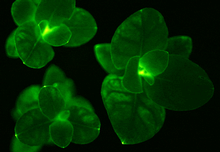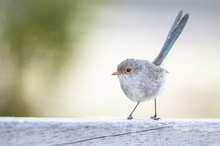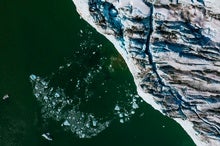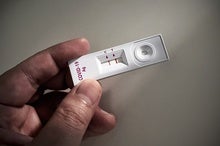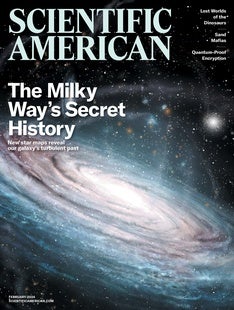 |
| February 16, 2024 |
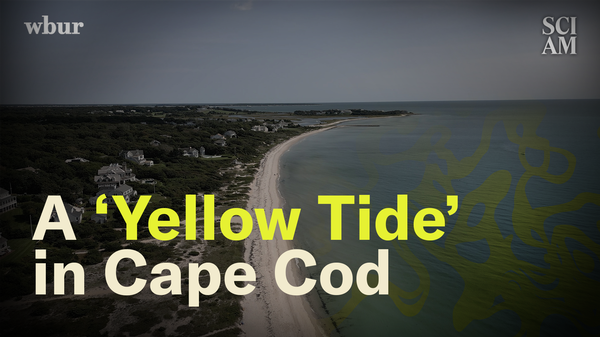 |
| Pollution Cape Cod Faces a Rising 'Yellow Tide' Tourism is big business on the cape, but a growing environmental issue could disrupt the lives of tourists and residents, alike. By Duy Linh Tu,Sebastian Tuinder,Barbara Moran,Anaissa Ruiz Tejada,Joseph Polidoro,Jeffery DelViscio | |
| |
| |
| Animals Why Do Birds Have Such Skinny Legs? The songbirds in your backyard hop around on such itty-bitty legs. Here's why bird legs are so skinny and how they can support a bird's weight | | | | |
| Oceans If the Atlantic Ocean Loses Circulation, What Happens Next? Researchers found that if melting glaciers shut down the Atlantic Ocean's circulation pattern, the global climate could see major changes within just 100 years | | By René van Westen,Henk A. Dijkstra,Michael Kliphuis,The Conversation US | | | |
| |
| |
| |
| |
| |
| |
| |
BRING SCIENCE HOME
 | | Separate Liquids with Salt! | 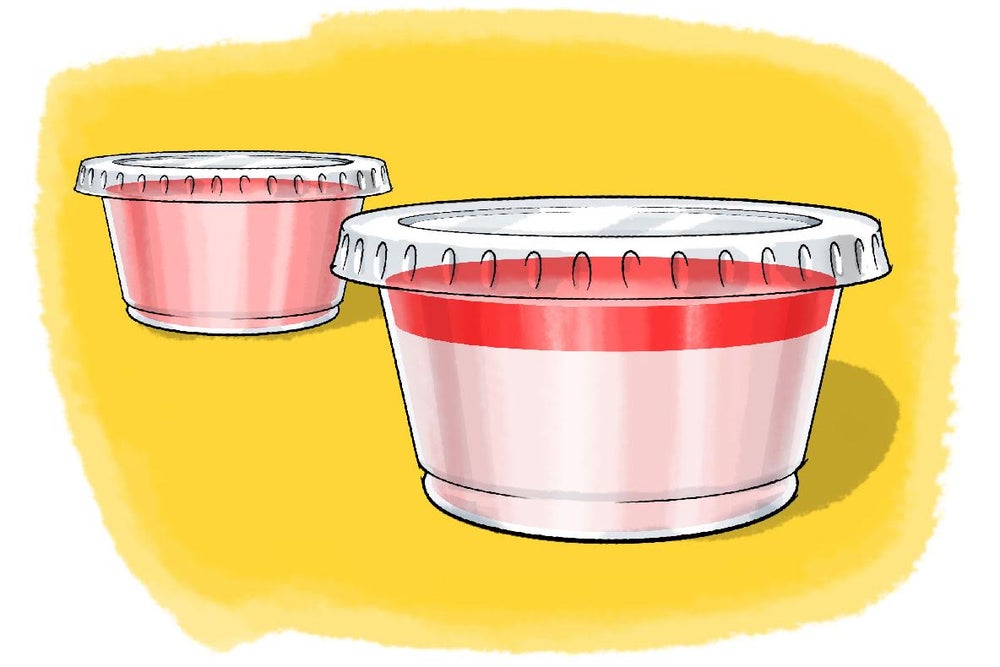 Separate a solution? Just add salt--and science! Credit: George Retseck | You probably know some liquids, such as oil and water, do not mix together. If you pour them into the same container, they will form separate liquid layers, one on top of the other. Other liquids, for example rubbing alcohol and water, can be mixed with each other. But did you know that once both of these liquids have mixed you can separate them again into two different layers? How can you do that? The answer might surprise you—with salt! In this activity you will find out how this works. | |  | |
LATEST ISSUES
 |
| |
| Questions? Comments?  | |
| Download the Scientific American App |
| |
| |



